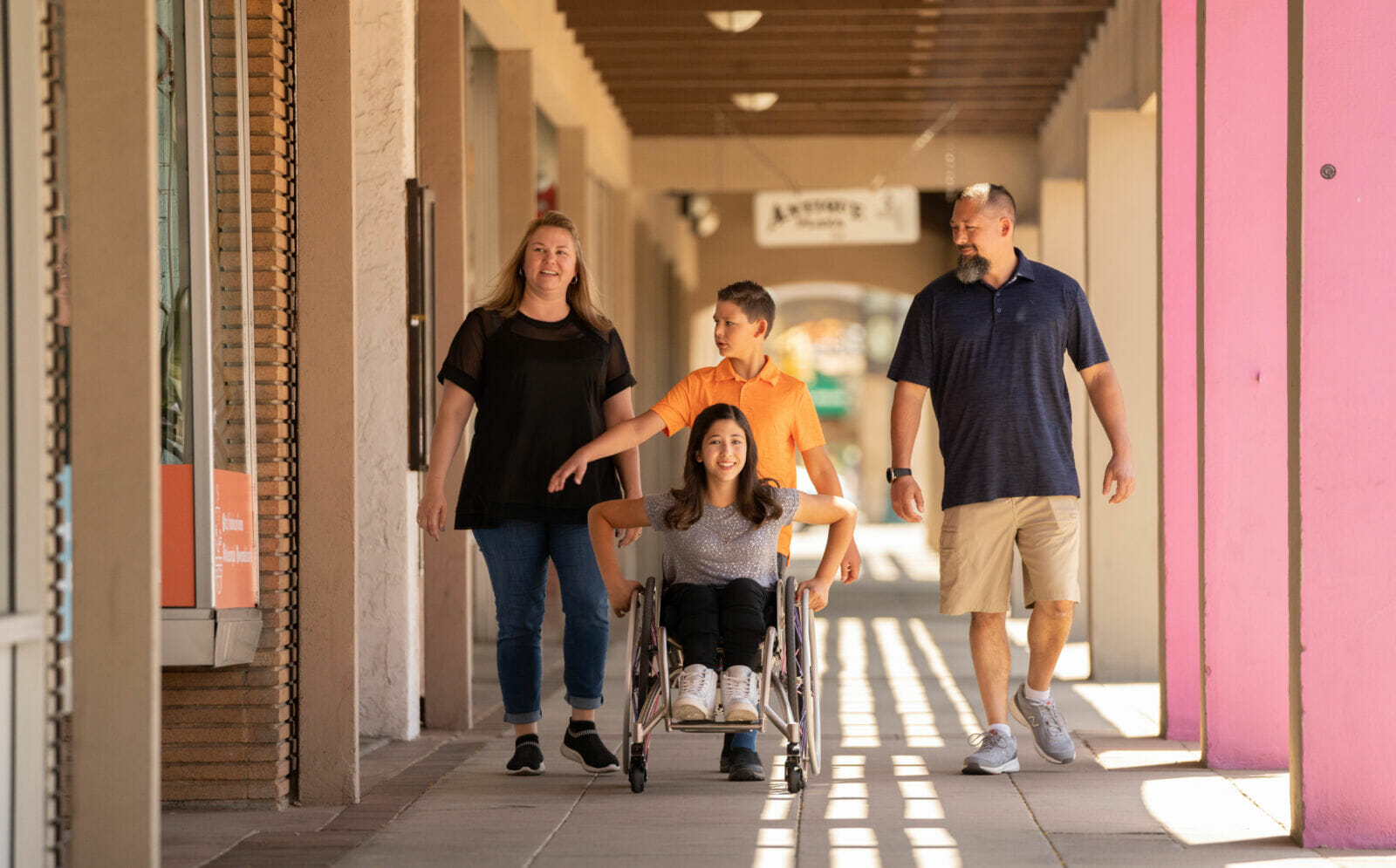Visit Mesa continues to help the City of Mesa transform into one of the nation’s most accessible travel destinations — and one of the most friendly. Notably, Mesa received designation as America’s First Ever Autism Certified City and the first U.S. destination to adopt the Hidden Disabilities Sunflower program.
To become an Autism Certified City (ACC), the International Board of Credentialing and Continuing Education Standards (IBCCES) ensures that key community stakeholders—in healthcare, education, local government, hospitality, leisure and corporate members—receive specialized training. According to the IBCCES website, “Certification is granted to those who have gone above and beyond to make their organization more accessible for individuals with autism and other special needs.”
The benefits of becoming an ACC are plenty, including improved quality of life for residents; an uptick in tourism and visitors; enhanced workforce opportunities and more. Of course, those who benefit most are individuals on the spectrum and the families who love and care for them. And, of course, those looking for accessible travel destinations.
READ ALSO: Mesa becomes first Autism Certified City in U.S.
The Hidden Disabilities Sunflower program offers its own benefits for families visiting Mesa. A person with hidden disabilities can acquire a complimentary sunflower-covered lanyard or bracelet. Trained tourism entities throughout Mesa recognize the symbol as a gentle reminder that the person being served may need a little extra help.
“It’s not only the right thing to do,” says Marc Garcia, president and CEO of Visit Mesa. “It’s good business because the prevalence rate of persons with disabilities continues to climb every year.”
Currently, the Centers for Disease Control and Prevention (CDC) reports 61 million adults in the U.S. living with a disability and 62 million children under age 15 as having a disability, according to Youth.Gov.
“It’s all about the legitimacy and substance of what we specifically do or offer in these programs that make the difference,” Garcia says. “The consumer knows when something is real or a farce. Thus, our programming comes with very high training and standards. We independently audit our programs. It’s the only way to do it right. And, we actively target these market segments with intentional messaging to the appropriate audience.”
In addition to programs such as Hidden Sunflower, local and out-of-state visitors in need of accessibility accommodations can find everything they need on Visit Mesa’s City Limitless® website: AccessibleMesa.com. Here, travelers have lists of where to stay; attractions and entertainment; outdoor venues; dining options and several other resources.
In its commitment to making Mesa an increasingly inclusive, accessible destination, Visit Mesa maintains an equal dedication to exploring innovative resources. Last fall, Aria, an on-demand visual interpretation service app became available to visitors. Persons who are visually impaired or have low vision can download Aria to their phones. In addition to providing pre-trip planning for the visually impaired, Aria also acts as a virtual visual guide, giving a step-by-step description of everything surrounding the app user — restaurants, attractions, public buildings and more — within Mesa city limits.
“We want residents and visitors alike to know that Mesa is committed to inclusivity and accessibility, and the availability of Aira is another step in the right direction,” says John Giles, mayor of Mesa. “Visit Mesa has become a leader in our region, in putting tools like Aira to work to create greater ease for both guests and residents.”
To learn more go to Visit Mesa.




